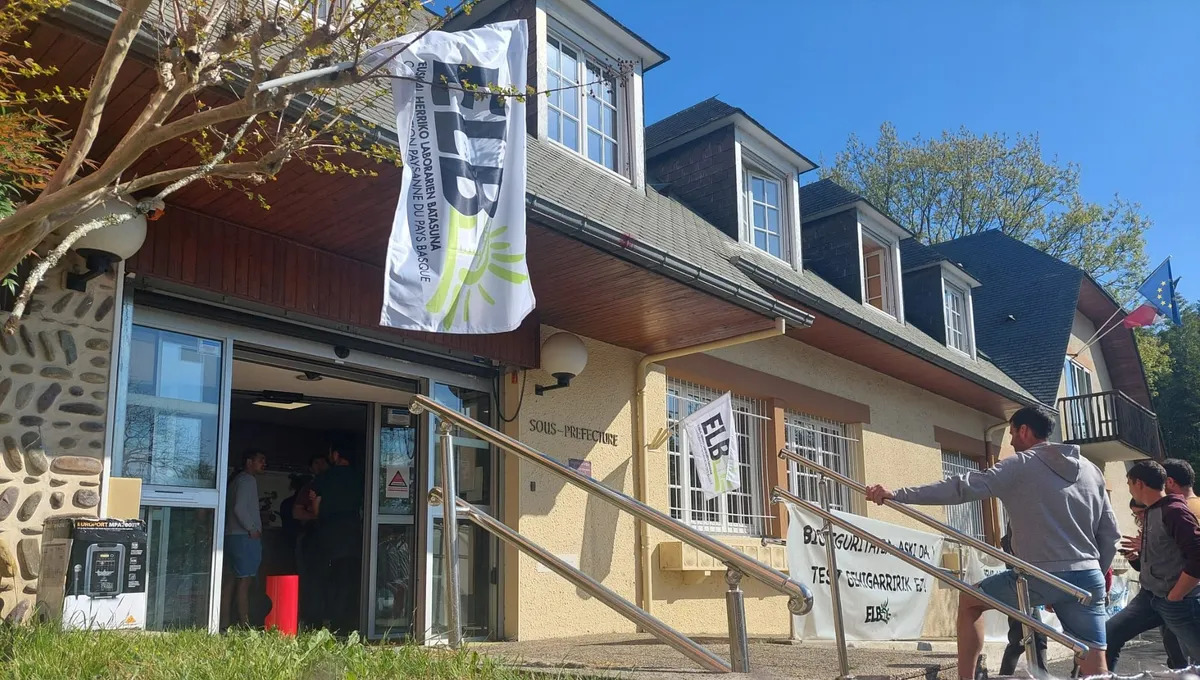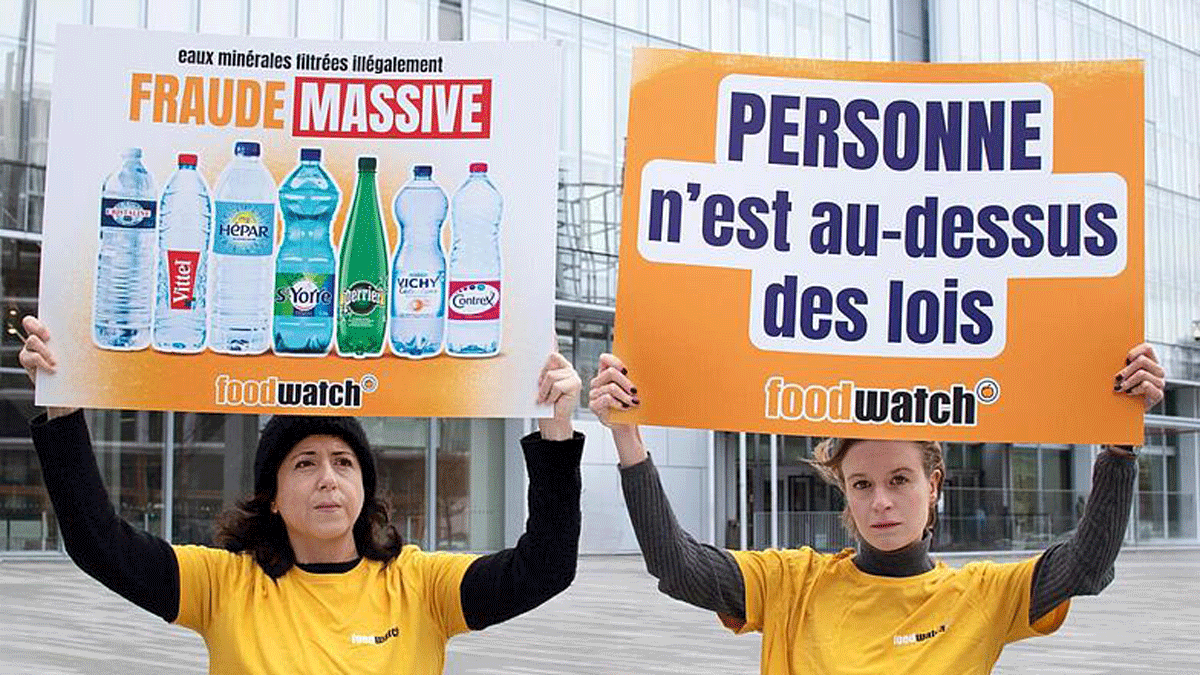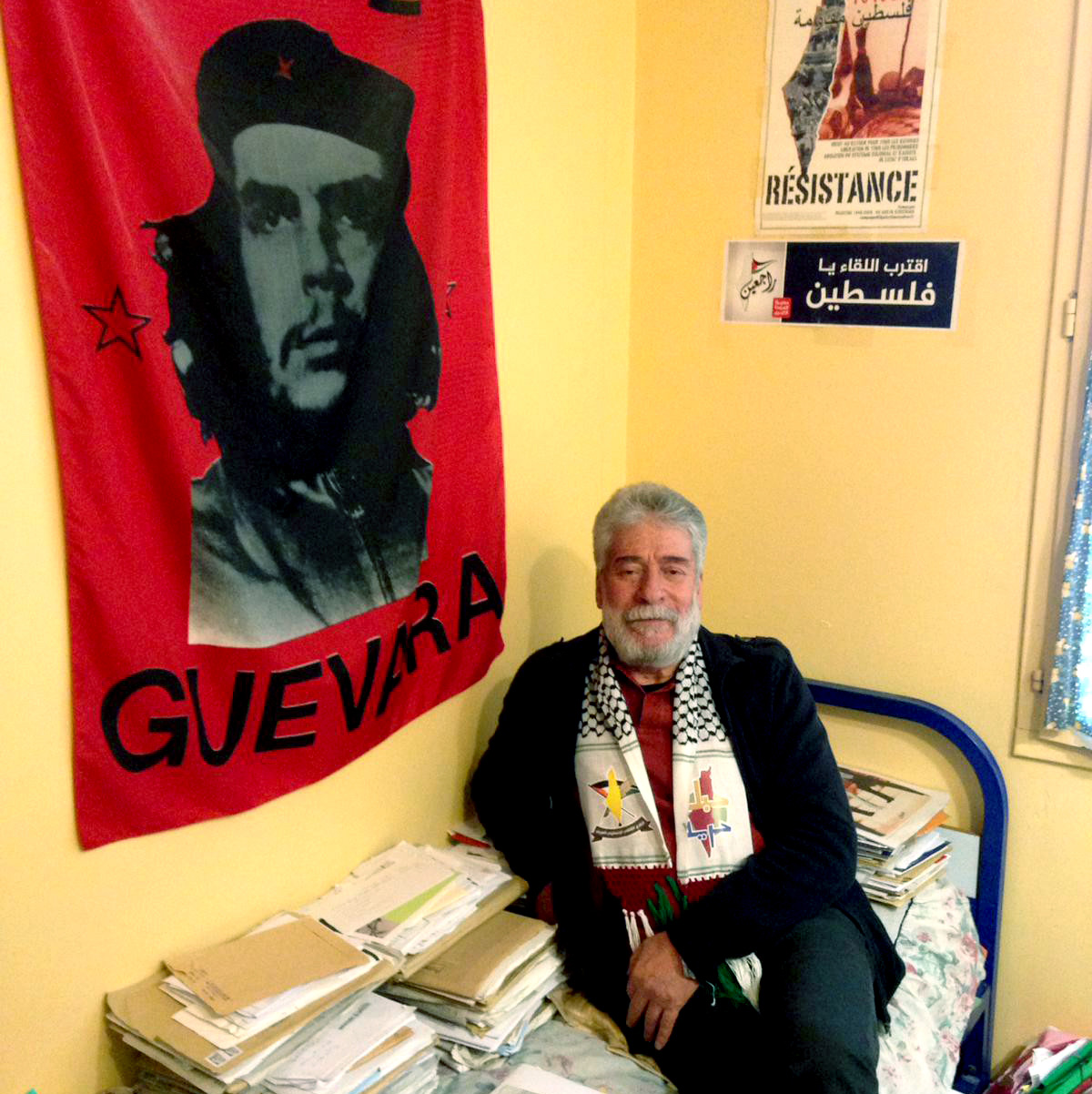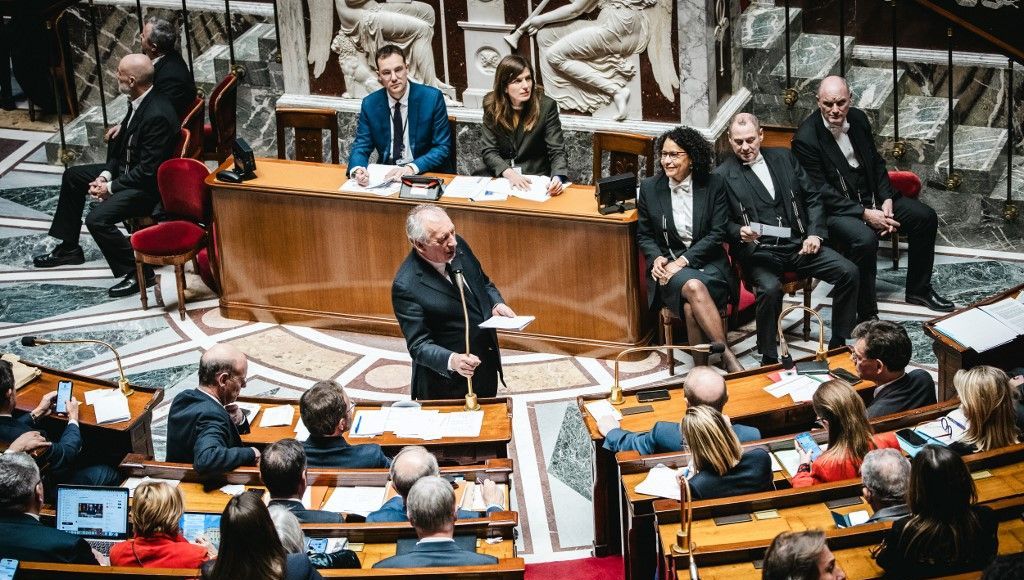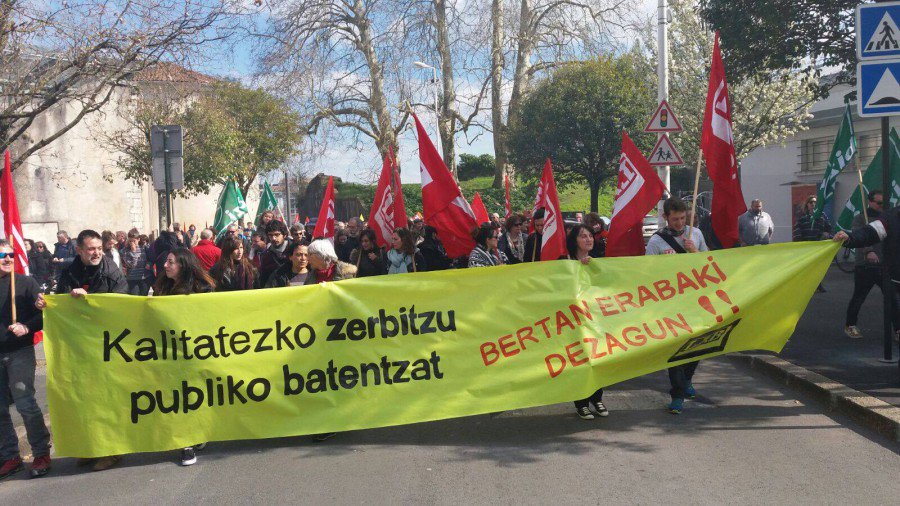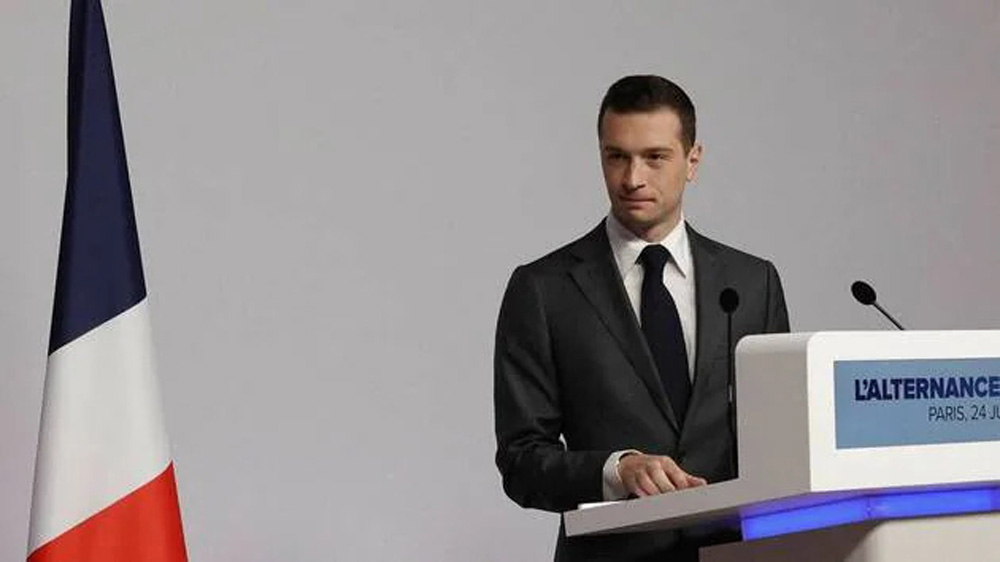Macron and Le Pen will spend the second round, as in 2017
- It is repeated five years ago on 24 April: The confrontation between Emmanuel Macron and Marine Le Pen will be the most anticipated. However, if we look at the results of the first round, it is predictable that the difference between the two will be narrower.

If in 2017 Macron collected 66% and Le Pen 34%, the first polls put them very close for this period: According to the IFOP survey institute, Macron would have 51% and Le Pen 49%; according to Opinonway or Ipsos, 54%, Macron and 46%, according to Le Pen and Elabe, 52% Macron and 48% Le Pen.
With 21.48% of the votes, Jean-Luc Mélenchon, from the third radical left, has placed himself by a margin of just 0.8 points with the candidate from the far right. Despite having achieved better results than in 2017 – two more points – it will not be back in the second round.
On 24 April, he called on his voters not to vote for Le Pen. As might be expected, he did not call for a clear vote in favour of Macron. Similarly, extreme left communist Fabien Roussel (2.26%) and Philippe Poutou (0.75%) have also spoken.
On the contrary, they called to vote in favour of Macron to cut the step to the far right, Anne Hidalgo (1.71%), ecologist Yannick Jadot (4.48%) and Valerie Pecresse (4.67%), from the right-wing party Les Republicains. The call to vote for Le Pen was clear, while Eric Zemmour (6.89%) and Nicolas Dupont-Aignan (2.03%) have called on Le Pen to vote.
As could not be otherwise, abstention has been one of the most successful elections: one in four voters has not come to vote.
Brutal defeat of the historic right and left
Macron founded La Republique in Marche in 2017, a party that promised to break with the old way of politics, which five years later has become clear that there has been no rupture. In this vote the end of the classic left-right and right-wing parties has appeared: neither party has surpassed the 5% barrier – the 2017 defeat of the Socialist Party has been even more drastic this year going from 6.36% to 1.71%; and the right has gone from 20.10% to 4.67%.
Macron has emerged strongly, with better results than in 2017, and with both ends at par: Le Pen and Melenchon. To win, Macron will need the votes on the left. More than ever, abstention is going to have a lot of influence on the second round.
Lurraren alde borrokan dabilen orok begi onez hartu du Frantziako Legebiltzarrak laborantza lurren babesteko lege-proposamenaren alde bozkatu izana. Peio Dufau diputatu abertzaleak aurkezturiko testua da, eta politikoa eta sentimentala juntaturik, hemizikloan Arbonako okupazioa,... [+]
Urte bat beteko da laster Pazifikoko Kanaky herriko matxinada eta estatu-errepresiotik. Maiatzaren 14an gogortu zen giroa, kanaken bizian –baita deskolonizazio prozesuan ere– eraginen lukeen lege proiektu bat bozkatu zutelako Paristik. Hamar hilabete pasa direla,... [+]
Ur kontaminatua ur mineral eta ur natural gisa saltzen aritu dira urte luzeetan Nestlé eta Sources Alma multinazional frantsesak. Legez kanpoko filtrazioak, iturburuko ura txorrotakoarekin nahasi izana... kontsumitzaileen osagarria bigarren mailan jarri eta bere interes... [+]
Two weeks ago, the financing of the French radio stations was at issue, as the French Ministry of Culture intended to reduce subsidies to local associations by 35%. At that time, there were about 200 associations in the labour market, including Euskal Irratiak of Iparralde.
The... [+]
Three months have passed since the elections to the French Parliament. It was July 7, and to everyone's surprise, the New Popular Front on the left, the FHB, won. With the aim of cutting the road to the far right that was successful in the first round, in the second round the... [+]








